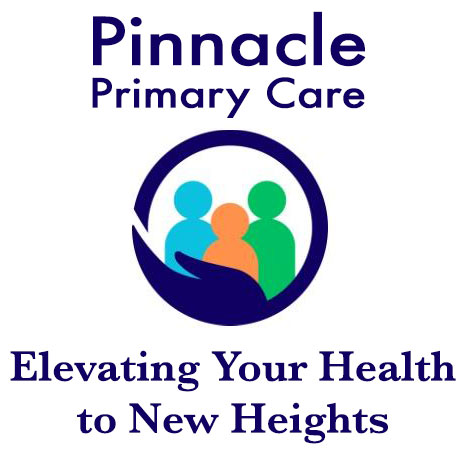-
Call: 832-400-2613Call: 832-400-2613
-
7070 Knights Ct Suite 1801 Missouri City Texas, 77459
Our Services
Chronic Disease Management
Chronic disease management involves the ongoing care, support, and treatment provided to individuals with long-term health conditions. The goal is to optimize health outcomes, enhance quality of life, and prevent complications associated with chronic diseases. This type of management typically includes regular monitoring, lifestyle adjustments, medication management, and patient education to empower individuals in actively managing their health over the course of the chronic condition. Examples of chronic diseases include
- Diabetes Mellitus/ Pre-diabetes
- Hypertension
- Hyperlipidemia (Lipid Disorders)
- Stroke
- Asthma
- Chronic Obstructive Pulmonary Disease (COPD)
- Schizophrenia
- Major Depression
- Bipolar Disorder
- Dementia
- Osteoarthritis
- Benign Prostatic Hyperplasia
- Anxiety
- Parkinson’s Disease
- Chronic Kidney Disease (Nephrosis/Nephritis)
- Epilepsy
- Osteoporosis
- Psoriasis
- Rheumatoid Arthritis
- Ischaemic Heart Disease
- Allergic Rhinitis
- Gout
- Chronic Hepatitis B
Preventative Care
Preventive care refers to healthcare practices and services designed to prevent or detect potential health issues before they become serious. It includes routine check-ups, vaccinations, screenings, and lifestyle counseling. The aim is to keep individuals healthy, identify risk factors early, and address them to avoid the development or progression of diseases. Preventive care is a proactive approach to maintaining well-being and preventing the onset of illnesses.
Post Acute Care
A post-acute care clinic follow-up refers to medical appointments or visits that occur after a patient has received acute care services, such as a hospital stay or surgery. The purpose of these follow-up visits is to monitor the patient’s recovery, address any ongoing health concerns, and ensure a smooth transition back to regular daily activities.
Here are key components of a post-acute care clinic follow-up:
- Assessment of Recovery :The primary goal of a follow-up visit is to assess the patient’s progress in recovery. This may involve physical examinations, reviewing imaging or laboratory results, and evaluating how well the patient has responded to treatment.
- Medication Management: Ensuring that the patient continues to take prescribed medications correctly is crucial during the post-acute phase. Medication adjustments may be made based on the patient’s response and any changes in their health status.
- Wound Care and Monitoring: For patients who have undergone surgery or experienced injuries, follow-up visits may involve checking and managing wound healing. Any signs of infection or complications are addressed during these appointments.
- Rehabilitation and Therapy Updates: If the patient is undergoing rehabilitation or therapy, the follow-up visit is an opportunity to assess the effectiveness of these interventions. Adjustments to the rehabilitation plan may be made to support the patient’s ongoing recovery.
- Addressing New or Ongoing Health Concerns: Patients may have new symptoms or ongoing health concerns that need attention. The follow-up visit allows the healthcare provider to address these issues, order additional tests if necessary, and provide appropriate interventions.
- Patient Education: Providing ongoing education is an essential component of post-acute care follow-ups. This may include guidance on self-care, instructions for managing symptoms at home, and information about any lifestyle changes needed for optimal recovery.
- Coordinating Care: Coordination with other healthcare providers, specialists, or services is critical during post-acute care follow-ups. This ensures that the patient receives comprehensive and integrated care tailored to their specific needs.
- Preventive Care Planning: Post-acute care clinics often emphasize preventive care planning during follow-up visits. This may involve scheduling vaccinations, screenings, and health assessments to prevent future health issues.
- Psychosocial Support: Recognizing the emotional and psychological aspects of recovery, post-acute care follow-ups may include discussions about the patient’s well-being, coping mechanisms, and any challenges they may be facing.
The frequency and duration of post-acute care follow-ups depend on the individual patient’s condition, the nature of the acute care episode, and the recommendations of the healthcare provider. These visits play a crucial role in ensuring ongoing support for the patient’s health and facilitating a successful recovery.
Walkin Clinic
We acknowledge that your health may require immediate attention, and if you are unable to schedule an appointment, we gladly accept walk-in appointments for patients in need.
Wellness and Weight management
At our clinic, we prioritize your well-being through a range of specialized services focused on holistic wellness and effective weight management. Our programs are thoughtfully crafted to cater to diverse individual needs, encompassing personalized nutritional guidance, fitness routines, and mental health support.
